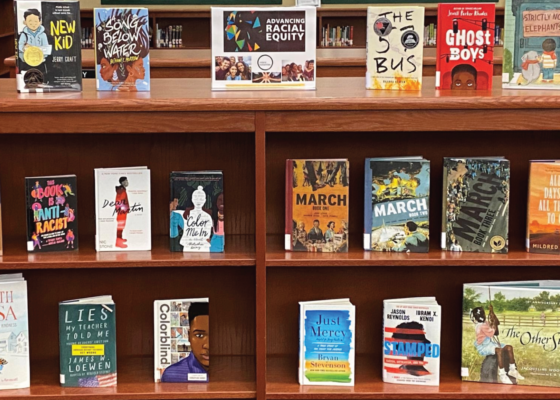Returning to the poem in the midst of a pandemic, I think I understand these lines better. After all, this past April was certainly cruel. There are no lilac bushes in my apartment complex, but my partner and I watched the tulips bloom (then the pear trees, then the crabapples, then the dogwoods) while stuck in Zoom meeting after Zoom meeting. We couldn’t go to the grocery store without feeling anxiety or regret, a strange nostalgia for the days when we could linger in the snack aisle at Kroger. In fact, it seemed downright inhumane that, while we were compulsively checking our phones for the latest update on COVID-19, the tulips were doing what they always did: they grew.
Something surprising, however, came out of this April for us: for the first time in a long time, we noticed the tulips. We noticed the smell of the pear trees and the crabapple blossoms. We built a birdfeeder, learned to identify mockingbirds by their call. We moved our morning runs outside, traded the gym treadmill for a bike path bordered with wildflowers. If we wanted to leave the apartment, we couldn’t go to a restaurant or a café; we had to go for a walk. We were, like many others, forced back into a relationship with nature.
Eliot, writing in 1922, was primarily concerned with the devastation wrought by World War I. His words, however, ring true today: spring has been truly awful this year. But, as we have already begun to see across the state, the country, and the world, from the cruelty of quarantine can come compassion—for each other, for ourselves, and for the natural world itself. Eliot concludes “The Waste Land” by asking, “Shall I at least set my lands in order?” The answer right now, I think, is yes: faced with the uncertainty of a post-pandemic future, it’s time we reexamined how to respect, appreciate, and care for the land.


